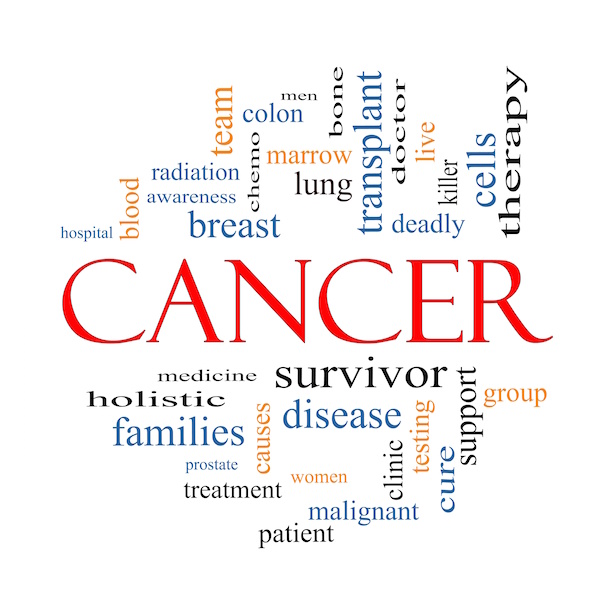
FRIDAY, Nov. 8 (HealthDay News) — Aerobics and strength-training exercises may help reduce bone loss and the risk of fractures in breast cancer survivors, a new study suggests.
Bone loss is a serious problem for breast cancer survivors. Treatments such as aromatase inhibitors block the production of estrogen, a hormone that fuels the growth of many breast cancers. Estrogen, however, is needed for bone formation.
The researchers also said chemotherapy can trigger early menopause, resulting in low estrogen levels and bone loss.
This 12-month study included breast cancer survivors who had recently completed treatment. About half of them took part in an aerobic/resistance exercise program three times a week at a fitness center. The other women were assigned to a control group and given recommendations of 30 minutes of moderate-intensity exercise most days of the week.
By the end of the study, the women in the intervention group had more physical endurance, greater muscle mass and lower fat mass than those in the control group, according to the study, which was presented Thursday at the annual meeting of the American Institute for Cancer Research, in Bethesda, Md. Research presented at meetings should be viewed as preliminary until published in a peer-reviewed medical journal.
“Women who are completing cancer therapy should be getting a strong prescription for health promotion, which includes aerobic-resistance exercise,” study author M. Tish Knobf, a professor at the Yale School of Medicine, said in an institute news release. “Routine exercise improves muscle strength, balance, quality of life, mood, functional ability and cardiovascular status, and may minimize the risk of bone loss.”
Another study presented at the same meeting found that many survivors of breast cancer and other cancers are at risk for low levels of vitamin D, and many will need to take vitamin D supplements. The vitamin helps promote bone health.
“Patients with breast cancer and several other cancers are at increased risk of rapid bone loss and fractures,” Dr. Bess Dawson-Hughes, director of the Bone Metabolism Laboratory at Tufts University, said in the news release. “While not sufficient to prevent bone loss when taken alone, calcium and vitamin D are very important components of any pharmacologic regimen to minimize bone loss.”
More information
The Hormone Health Network has more about breast cancer and bone loss.
Copyright © 2026 HealthDay. All rights reserved.

